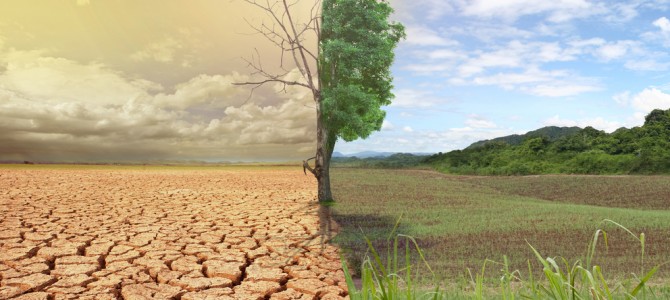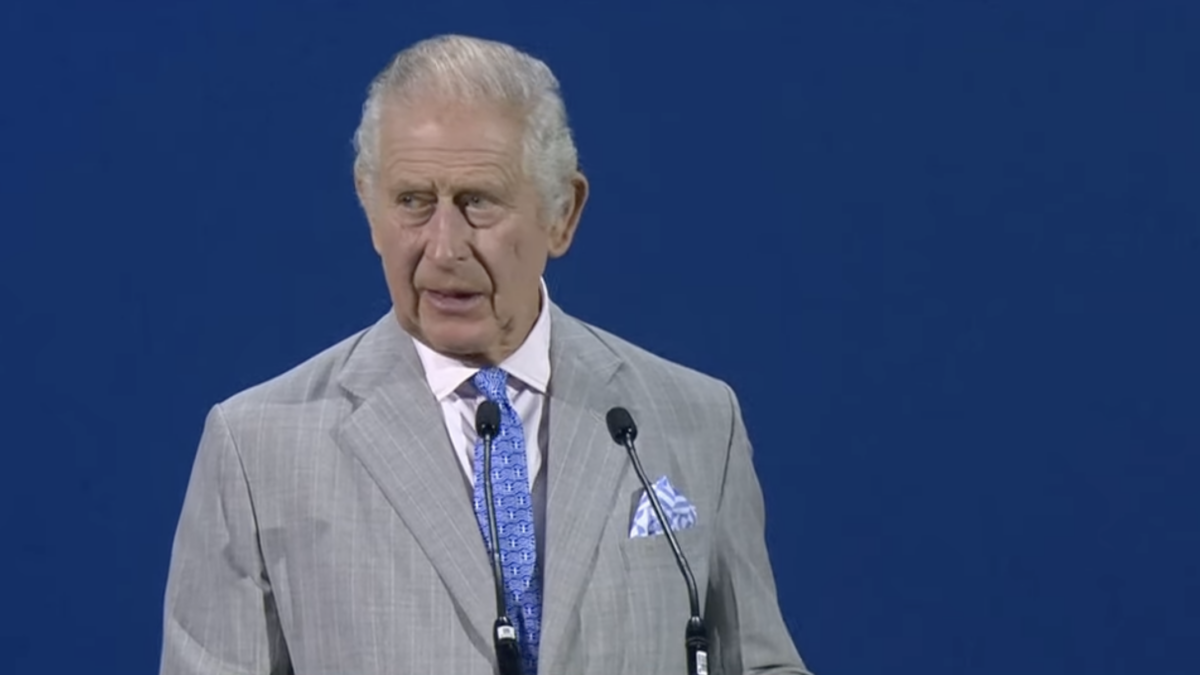
After Tuesday’s announcement that President Trump will take steps to repeal the Clean Power Plan, and essentially put a stake through the heart of America’s climate change agenda, scientists and environmentalists have gone mad (again).
The climate group 350.org—led by activist Bill McKibben—tweeted that “Trump’s assault of the Clean Power Plan could cost us 1000s of lives and billions of $$.” Fred Krupp, president of the Environmental Defense Fund, said Trump’s plan “will cost American lives. This will allow premature deaths to go up, heart attacks and asthma to go up, and sick days from work and school to go up.” California billionaire and Democratic puppetmaster Tom Steyer: “These actions are an assault on American values and they endanger the health, safety and prosperity of every American.”
So the climate science that has been “settled” and the conversation that has been stifled for the past decade are now open for debate. An entire generation that has been fed a steady climatarian diet (yes, it’s a thing) of how global warming is all our fault will now have a chance to hear another side. Scientists who have been excommunicated from the climate tribe after expressing their concerns about climate science’s shortfalls can come out of the shadows. Lawmakers, reporters, and opinion writers will need to know a lot more than just “hey, 97 percent of scientists agree” to justify their reflexive stance on climate change.
Who Is Allowed To Talk About Climate Change?
Which raises the question: who is allowed to talk about climate change? We hear lots of tsk-tsking from climate activists about how the Trump administration is anti-science and filled with non-scientists like Scott Pruitt, Rick Perry, and Ryan Zinke who will ultimately decide on federal science policy (not to mention the president himself). Rep. Lamar Smith, chairman of the House Science Committee, is routinely and harshly mocked by his detractors for not having a scientific background.
I, too, have been regularly scolded for writing and commenting about climate change since I do not have a science degree. Earlier this week, I was tagged in a tweet replying to The Federalist’s repost of Tom Nichol’s article, “The Death of Expertise”:
https://twitter.com/joey_mcl/status/846494741743222785
The implication is that I, as a “layperson,” have no business writing about climate change. The fact that I worked in public policy for years is of no consequence. The fact that I have written about other scientific subjects like biotechnology and nutrition is irrelevant. The fact that I have immersed myself in the subject, studied climate reports, talked with people on all sides of the issue, and received positive feedback about my articles and interviews on the subject is immaterial. I should stop discussing it because I do not have some academic degree proving my expertise in climate science.
‘I’m A Scientist, Who Are You?’
This is not the first time I have heard this; in fact, it is often the smug retort I get from scientists who want to discredit me. It’s also a reason why more people don’t write anything controversial about climate change—because the blowback from the self-righteous climate tribe is swift and harsh. Of course, the “I’m a scientist, who are you?” reply is one-part arrogance, one-part “STFU little lady.” After all, we’ve been taught to be intimidated by and obsequious to the intelligentsia, right?
Over the next four years, you’ll hear much more from the science community about who is—and isn’t—allowed to discuss climate policy. But if my climate science friends (I actually have a few) think only they can debate climate change, then here are some rules they have to play by, too.
If you are a climate scientist, you cannot discuss:
- Tax policy, because you are not an accountant.
- Law enforcement policy, because you are not a police officer.
- Immigration policy, because you are not a lawyer.
- Infrastructure policy, because you are not an engineer.
- Health care policy, because you are not a doctor.
- Economic policy, because you are not an economist.
- Job growth, because you are not an MBA.
- Agriculture policy, because you are not a farmer.
- Education policy, because you are not a teacher.
For all you “laypersons” out there, feel free to crib from this when it comes in handy.
If You’re A Citizen, You Are Invested In Climate Change
I can already hear the scientists protest this idea: but we are citizens, we have a right to discuss anything we want!
That’s the point. You do, and so do I. Obviously, we should defer to experts when it comes to creating (or undoing) public policy. But as taxpayers, we all have an investment in climate change. We pay for it any number of ways from the lightbulbs we buy to the cars we drive to the businesses we run. To silence our voices under the guise of protecting science is about the most unscientific thing you can do.
Let the debate begin.









